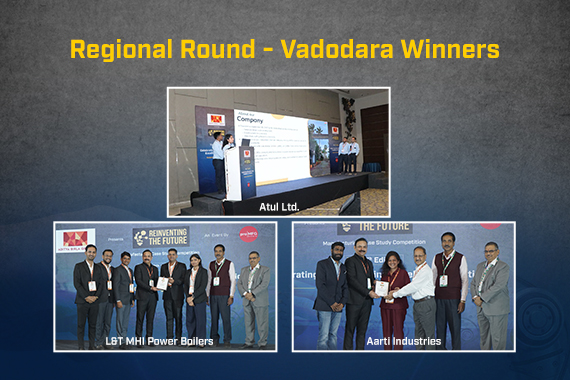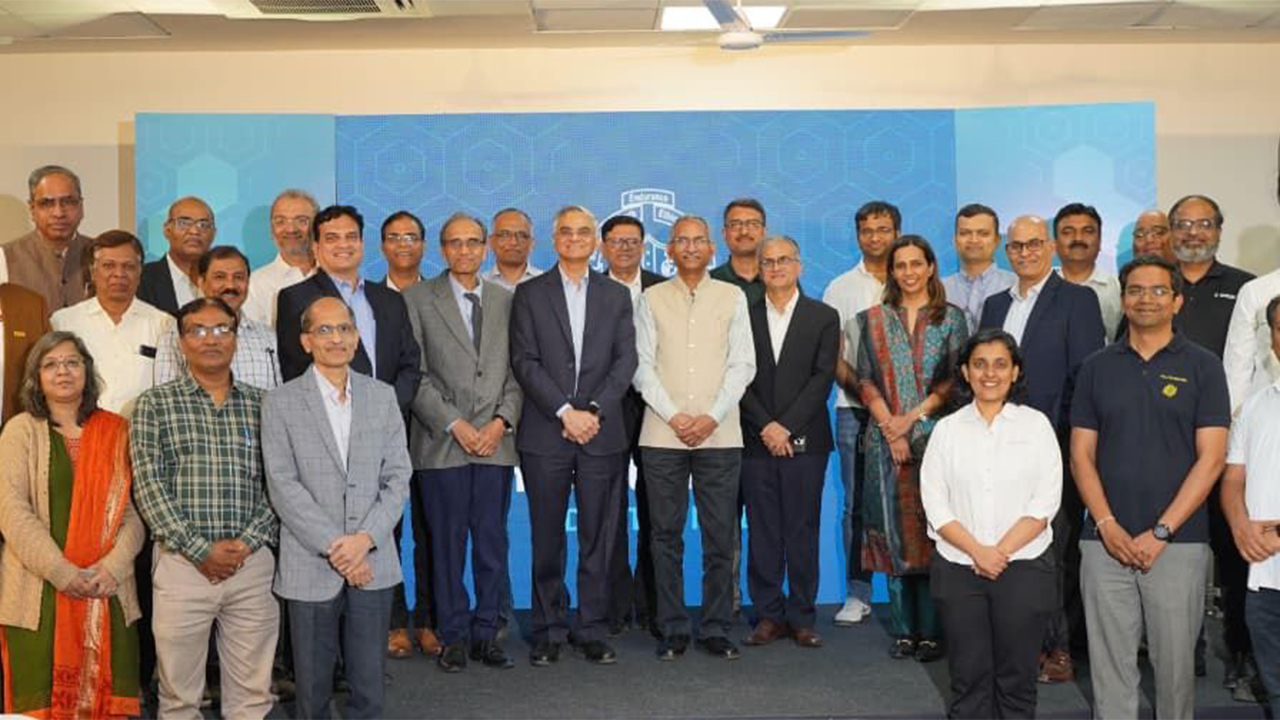Board to set up safety, health and welfare standards pan India
#FICCI #occupationhealth #GovtofIndia #SafetyNational Occupational Safety Health Advisory Board to be constituted: Apurva Chandra, Secretary, Ministry of Labour and Employment

Mr Apurva Chandra, Secretary (L&E), Ministry of Labour and Employment, Govt of India, today said that according to data from the Ministry of Labour fatal workplace accidents data has been showing a declining trend over the years. Safety is acquiring new importance in workplaces and factories, he added.
Addressing the 9th National Conference on Safety & Well-Being at Workplace & FICCI Safety Systems Excellence Awards for Industry, Mr Chandra said that we are at the cusp of a very important change now with the new code coming in. "Occupational Health and Safety Code 2020 combines 634 sections spread over 13 labour enactments into 143 sections. This will provide a great boost to ease of doing business and lead to consolidation and focus on important safety aspects. The provisions of this code will apply to all establishments having 10 or more workers," he said.
"A National Occupational Safety Health Advisory Board will come up at the central level that will have members from both employers and union sides. This board will be tasked with setting up standards for occupational safety, health, and welfare throughout the country. The standards will be enforceable throughout the country," added Mr Chandra.
"There is also a provision to constitute safety committees. On the welfare side, one of the major changes is that women will be allowed at workplaces at all times of the day," he explained.
The Secretary noted that four core committees have been constituted largely with private sector participation. "We look forward to these groups giving us insights, bringing standards up to date for us to implement the standards in a much better way. Safety is a culture and that needs to be adopted as the awardees today have demonstrated. Safety becomes a part of the organisation," he said.
Mr Chandra further suggested that a star rating for safety can be initiated. "The Bureau of Energy Efficiency has been very successful in coming up with a star rating system for the reduction in power consumption and energy. This star rating for safety, which can be on a continuing basis, can act as a catalyst for adopting more safety measures. If required we can think of a safety audit in our courts, our regulations as well and make it mandatory," he said. Mr SN Subrahmanyan, Chairman, National Safety Council & CEO & MD, Larsen & Toubro Ltd said that beyond economic losses due to the pandemic, there has been a spurt in the number of industrial accidents. "One of the main reasons is that many experienced labourers have gone, and a new set of labourers have come in. Health and safety have never emerged as a critical thrust area as it is now," he said.
Mr Subrahmanyan further said that the government has committed to regulating the activities of health and safety with due recognition to certain standards and methods that need to be brought in. "The Govt of India has taken major steps towards reforms and labour laws that include new occupational health safety and working conditions code. The industry needs to work with the government because solutions do not emerge only with the industry. It is important to place safety and health management systems like ISO 14,000 and get it certified by the third party and develop safety and health policies, manuals, safe operating procedures, etc.," he said.
"This support to safety culture is not limited to a few. It requires committed people to enforce this in some manner or the other. Anticipating this is a crucial aspect. Use of technology has played a big part in L&T improving its safety systems," he further added.
Mr Subhrakant Panda, Vice President, FICCI, said that the industry is accustomed to prioritizing health and safety issues. In the last one year, it was upon the industry to provide a safe working environment. "There is no room for complacency regarding the safety and well-being of workers. Challenges faced at the workplace are new and dynamic, the industry needs to learn from each other, understand the best practices, adopt technologies, and cooperate with each other to ensure workers' safety and health. We also need to have effective safety policies within our organisations and ensure that all workers and their families are fully vaccinated timely," he said.
Mr Panda noted that attention to safety issues can also improve employee morale, productivity, and retention. "Effective workplace safety programs have been found to have a tremendous impact on a company's bottom-line financial performance. The Occupational Safety, Health and Working Conditions Code 2020 subsumed thirteen Acts related to workers' safety and wellbeing existing earlier. This has also reduced the compliance burden for the industry in the safety and wellbeing of the workers. Under these rules, there is one registration, one license and a single return for simplification/ reduction in the compliance burden. The industry is ready to support the government and its workforce during these challenging times," he further added.
Regarding the FICCI Safety Systems Excellence Awards for Industry, Mr Panda said that these awards are a unique initiative of FICCI to reaffirm our commitment to working with you to create a healthier and safer workplace for all.
Mr Shyam Bang, Chairman, FICCI Manufacturing Excellence Taskforce and Former Chairman, NABCB & Former Executive Director, Jubilant Life Sciences, said that the industry's contribution to India's GDP is over 30 per cent. "The growth of the industrial sector is more than that of agriculture currently. The Government of India is focused on the manufacturing industry and the target of a $5 trillion-dollar economy has been taken very seriously with all the government departments working in this direction," he added.
Mr Rahul Bharti, Executive Director, Maruti Suzuki India Limited said, "Accidents are almost always due to human lapse and hence are avoidable. We must follow a zero-tolerance policy as far as human lapse and safety incidents are concerned. Engineers have prescribed various standards of safety, but people tend to take the issues of safety lightly. It is a cultural issue. The number of industrial accidents and the number of road accidents have gone up in the last one year of Covid. We have a responsibility towards our value chain, especially smaller companies," he said.
Mr Satendra Singh, Co-Chair, FICCI Manufacturing Excellence Taskforce and Head of Strategy and Business Development, Supply Network & Engineering, Global Operations, Nokia Safety elaborated on the three aspects that are important when it comes to safety and well-being of workers in workplaces.
"Safety starts from the top. The top management must give it much importance. Secondly, technology can be a huge enabler in assuring safety. And the third is prevention- the focus for the industry and all of us must be on prevention," he said.
NEWSLETTER
TRENDING ON PRO MFG
MORE FROM THE SECTION









